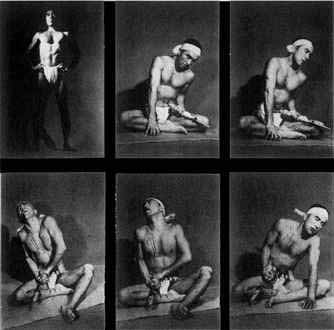Birth are one of the latest groups to enter the amazing Japanese screamo scene. This is their debut EP and it sounds like a mixture between the jangly guitars of instrumental group, Toe, and the chaotic, underlying pop aesthetic of fellow screamo band, Nitro Mega Prayer. Birth are the band that The Fall of Troy wishes they were right now. Strange time signatures and dissonant guitar playing mixed with pop melody, but the emotion itself never comes off as something fabricated. The dual vocals of guitarist Sakai Kouta and bassist Suda Kenji stretch to their seams. Powerful energy for just a 3 piece. There isn't that much information to be found about this band, but they're certainly one to watch out for. Please visit the site Meat Cube, which sells CDs from many international screamo artists, and buy this record!
-Garrett





